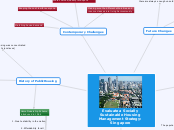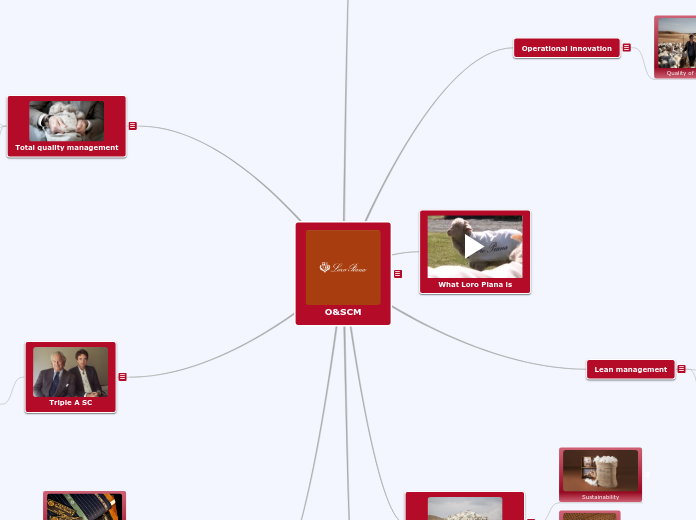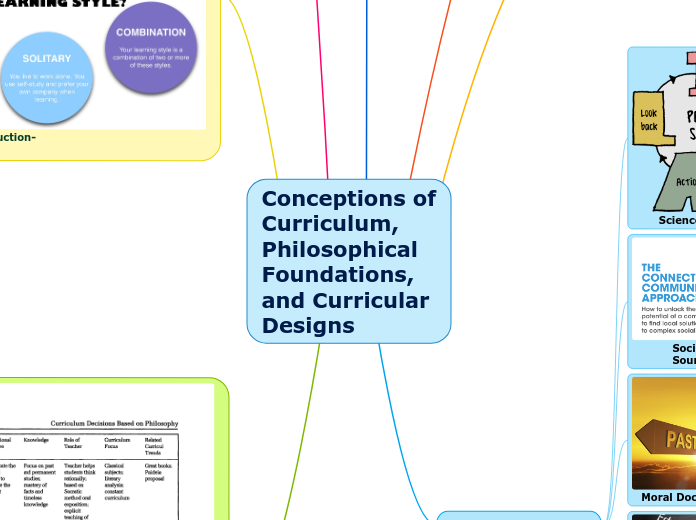par Jay Chen Il y a 9 années
1373
Evaluate a Socially Sustainable Housing Management Strategy - Singapore
Singapore's approach to public housing has evolved significantly since the colonial period when living conditions were dire. Initially managed by the Singapore Improvement Trust, the responsibility was later taken over by the Housing and Development Board (









